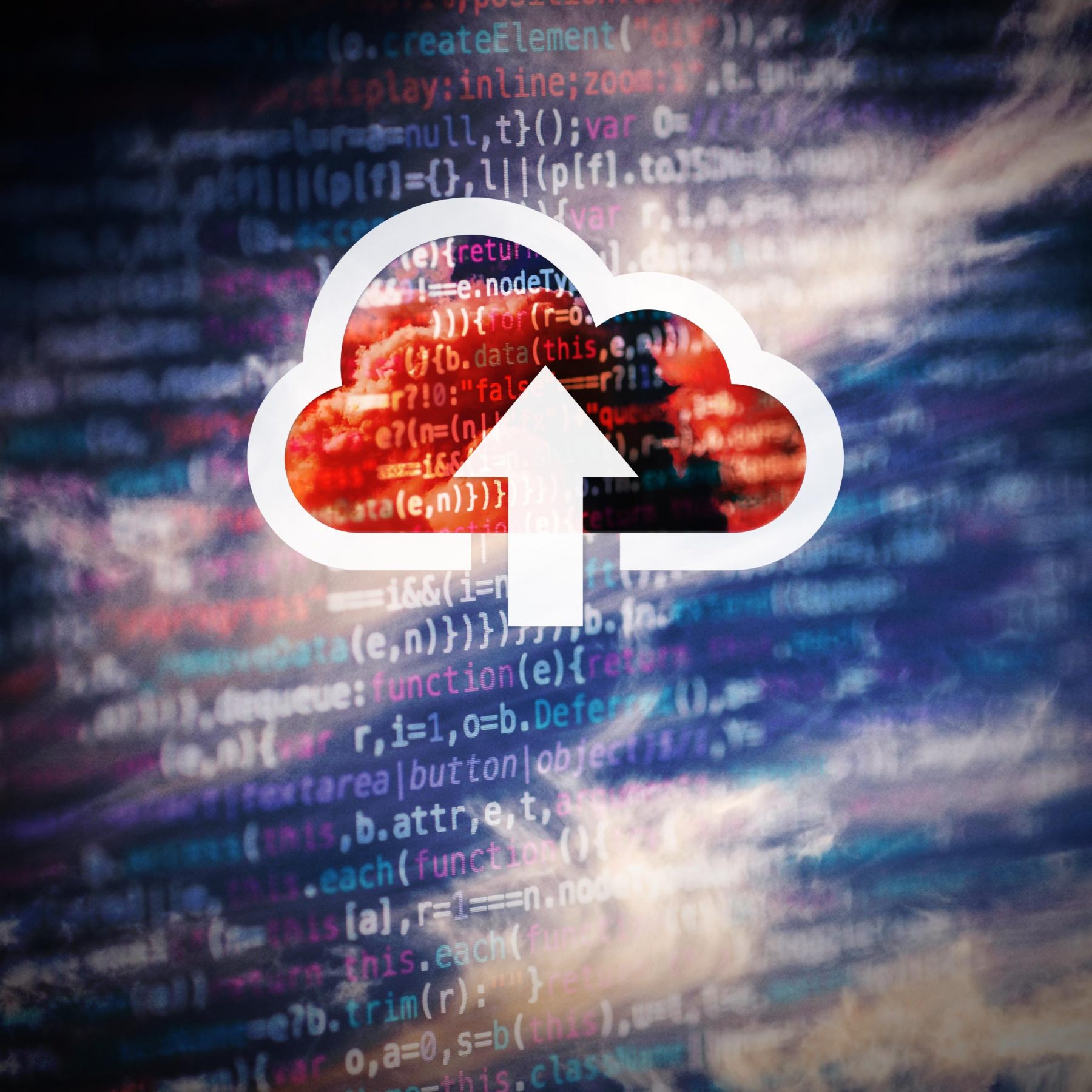
The Internet is Fast Enough, Dude.
April 1st 2005, 11am. I’m pushing bacon around my plate with a disinterested fork. I’d just lost years of emails, followed by my appetite. “They must be on my hard disk somewhere,” I pleaded, hoping it was a date prank. “Yes and no,” my IT buddy replied, sipping his third short black. “That’s what happens when Outlook crashes — they’re there, but they’re irretrievable. You eating that bacon?” “Nah…” It vanished in a blur of cutlery, caffeine and disgruntled seagulls. “It’s 2005, dude. The internet is fast enough. You should be on webmail…”
Back at the IT workshop, I’m expressing my disdain at the clutter and clunkiness of Hotmail and Yahoo. Webmail? Urgh. “Have you heard of Gmail?” he asked. “It’s coded to be fast and light, with none of the ‘bloat’ of those others. It does this cool thing that keeps all related messages together as a conversation, and super fast searching because it’s from Google — the search engine guys. Plus they give you 1GB of free storage that’s going to get bigger over time, so you’ll never have to delete things to make room for new messages. It’s invitation only for now. Interested?” I wasn’t comfortable with the idea of storing my emails outside my computer, and yet I’d just lost them all because they were stored inside my computer. “Sure, invite me…”
A moment ago I searched Gmail for my oldest message: April 1st 2005, 1:06pm. It’s from ‘Gmail Team’ and the subject line opens with “Gmail is different…” Fourteen years, six computers and 11GBs of emails later, Gmail has not lost a single message. I found the oldest one in seconds with three taps and a swipe, and I could do that from any computer anywhere in the world — as long as it’s connected to the internet and I can authenticate my identity. Welcome to cloud storage. You’ve probably been using it for years, whether you realised it or not.
Last November I wrote about my transition from laptop to iPad [‘On The Go’, AT130]. This excerpt from the closing paragraph reflects the last traces of my ‘pre-cloud’ thinking: “My transition from OS X to iOS has been so successful that my Macbook Pro and hard disks now live in a storage locker in Bangkok, coming out once a month to archive recent recordings and videos.”
There’s something falsely reassuring about having everything stored in tangible little boxes. I’ve got 5TB of content spread redundantly over three spinning drives. To satisfy my pedantry for collections, they’re all Seagate ‘Backup Plus’ 4TB drives with anodised aluminium finishes — one black, one red and one blue. I’ve named them simply Black, Red and Blue, and changed their on-screen icons to represent their colours — anyone who works with multiple drives will appreciate that. After each expedition I spend ages shuffling things between them so that every audio and video file is stored on at least two of the three drives. If any one of those drives crashes I won’t lose anything, except perhaps the drive itself. When finished, each drive gets enveloped in bubblewrap and placed in a zip-up hard shell along with its USB3 cable and a bag of silica gel. I probably should use Pelican cases, but that’s another matter. Whenever I take the drives out of their storage locker I handle them like eggs, and I panic whenever I hear of floods, earthquakes or hotel fires because it reminds me that I’ve got all my eggs in one basket.
Meanwhile there’s my iPad Pro; a post-‘social media’ design that is all about wireless connections, cloud storage and automatic backup. I take it with me everywhere. I’ve got 2TB on Apple’s iCloud, 1TB on Microsoft’s OneDrive and 100GB on Google Drive. That’s 3.1TB of distributed cloud storage at my fingertips as long as I’ve got a Wi-Fi connection — which is everywhere I go because the iPad Pro has a data SIM. I never worry about losing my iPad data because it’s safe and sound in huge distributed storage systems belonging to some of the Top 10 richest corporations in the world, whose wealth has been built on storing, analysing and exploiting everybody else’s data. Any event big enough to cause those corporations to lose my data, without advanced warning, will probably be so catastrophic that losing my data will be the least of my worries. Nuclear war, alien invasion, zombie apocalypse, the closing scene of Fight Club. Get the idea?
I’ve got expeditions coming up that will push my total content beyond 6TB, at which point my hard disk system will need another drive to maintain its redundancy. I’m not going to buy it, because the notion of a personal hard disk archive is as dated as the word ‘dude’. The new stuff is going straight to the cloud. I’ll eventually migrate the older stuff over as well, because there’s no way that a set of mollycoddled hard disks in a storage locker can beat the reliability and global accessibility of the mass storage systems belonging to the richest corporations in the world, whose very existence relies on storing my data.
It’s 2019, dude. The internet is fast enough. You should be on the cloud…
Greg Simmons is a writer, educator and sound recordist with a passion for travelling. He was the Founding Editor of AudioTechnology magazine, and currently enjoys exploring the many possibilities the internet and social media have to offer the audio industry. He’s also fond of writing about himself in the third person.
























RESPONSES